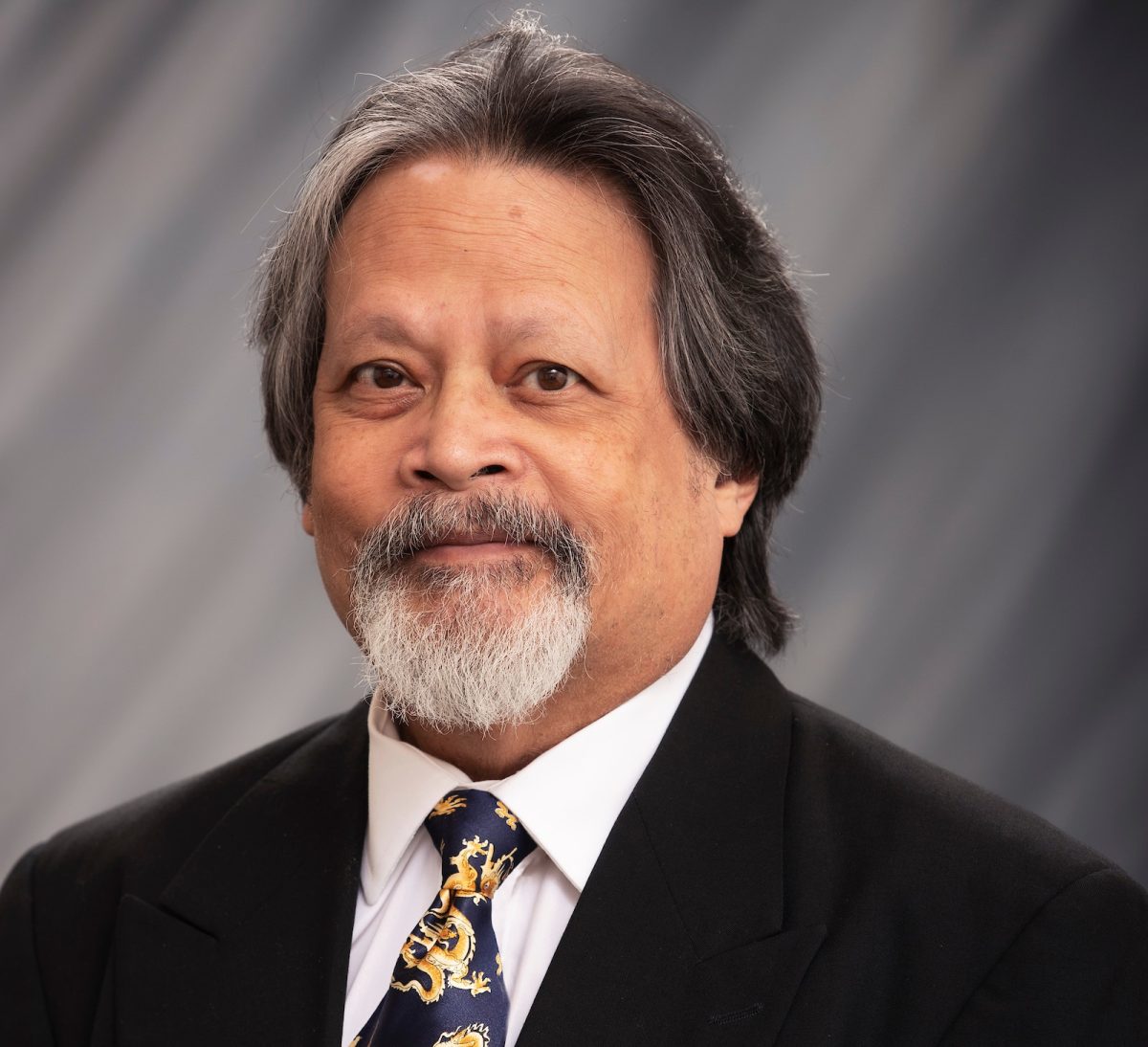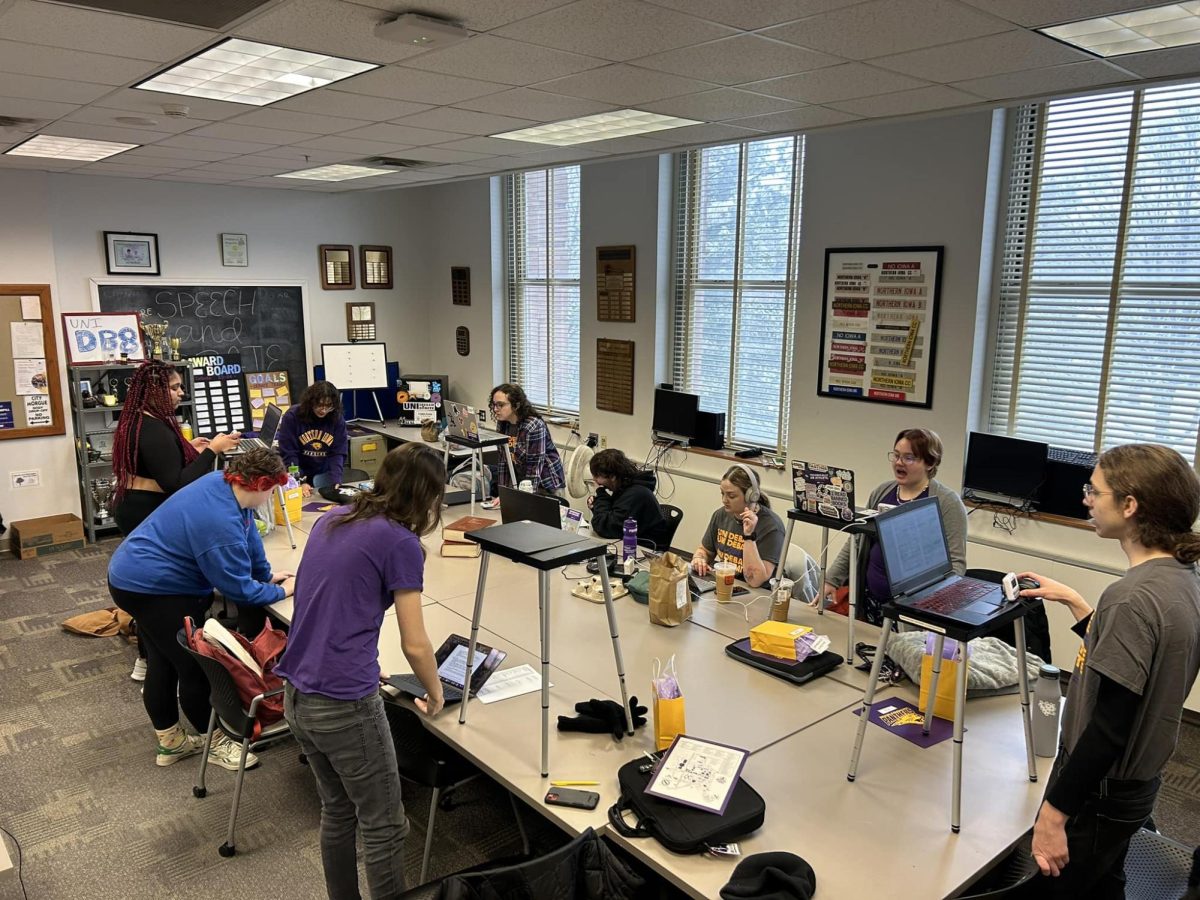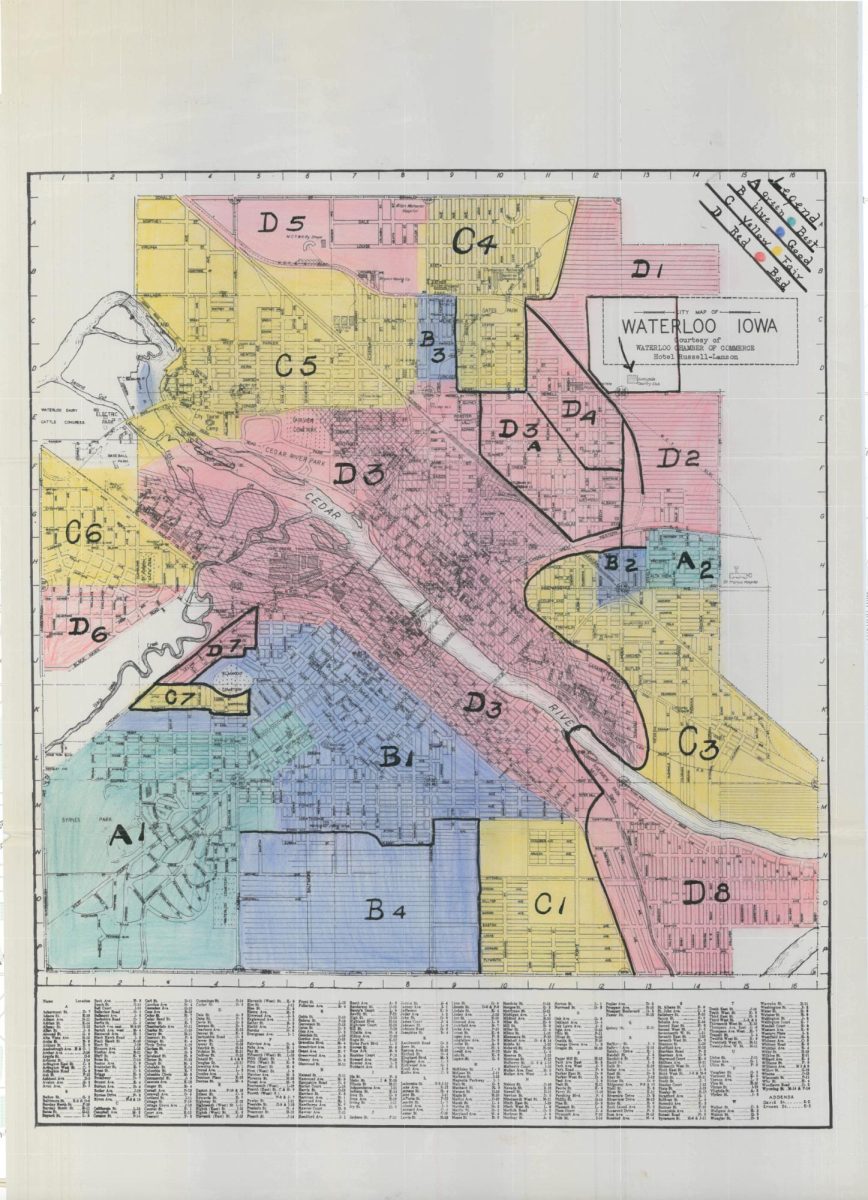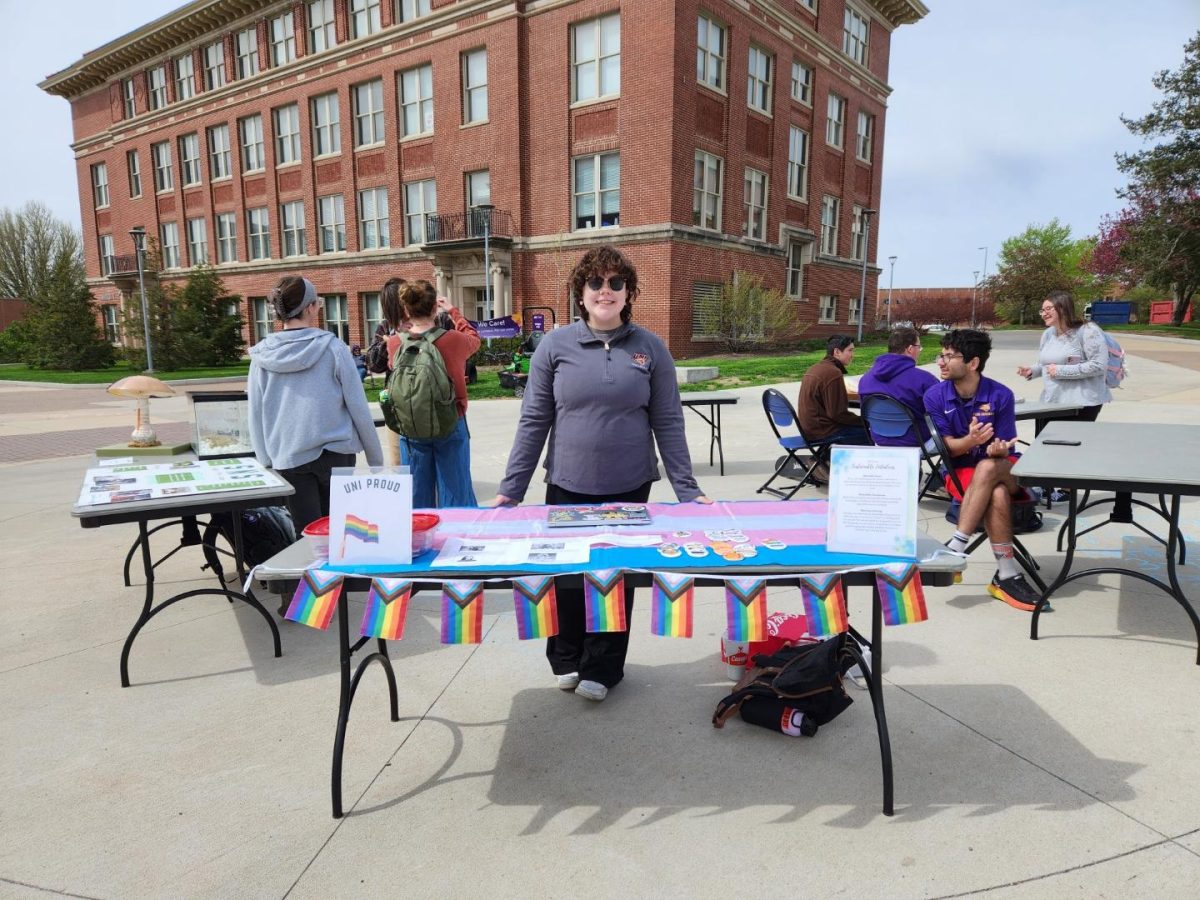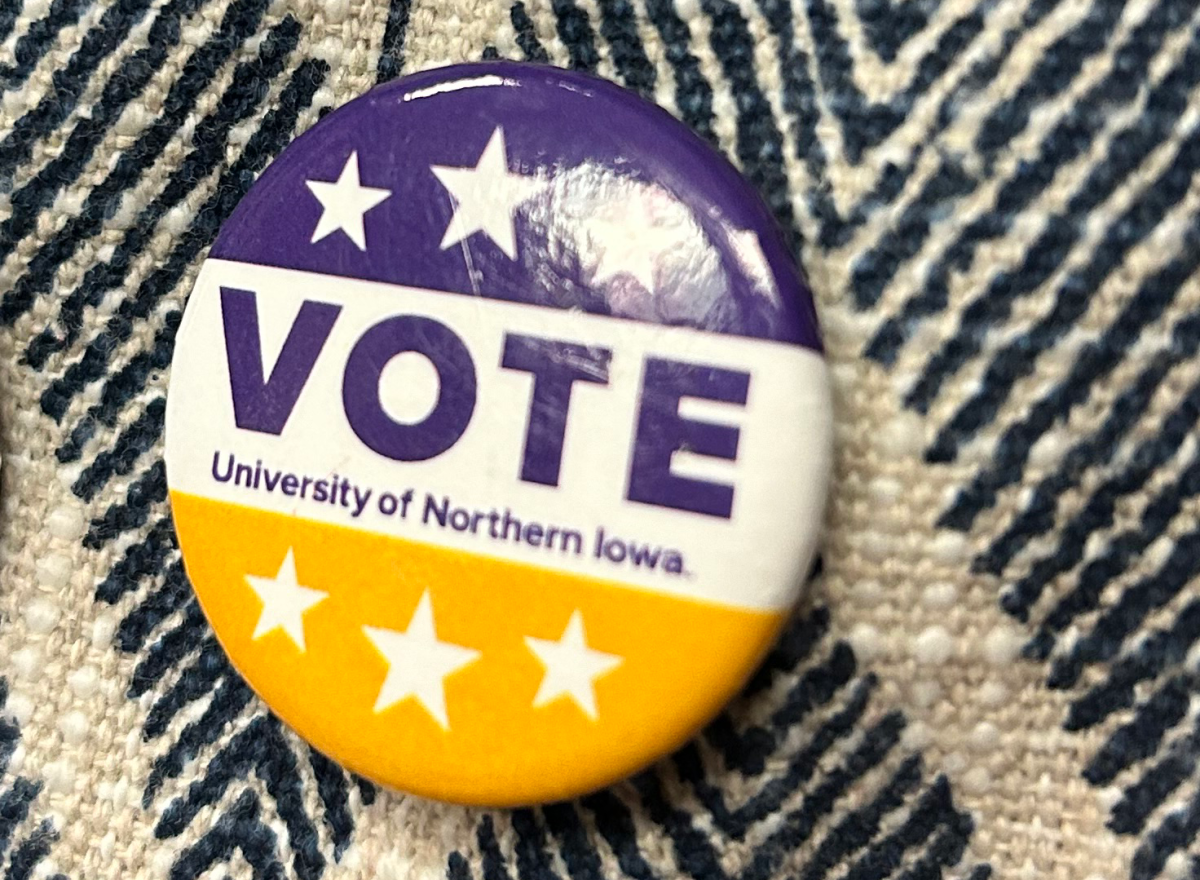UNI Freethinkers and Inquirers hosted Burqa Bans, a discussion on whether banning face-covering dress is oppressive or if the dress itself oppresses women on Tuesday. Legally banning face-covering dress has recently been passed in France, Belgium and the Netherlands, with other western European nations in the midst of consideration.
“Just to drive the point home, this issue doesn’t just affect people that wear burqas,” said Ryan Lode, senior biology major and former director of activities for UNIFI.
Burqas are a traditional Islamic garment worn by some Muslim women in public, typically exposing a minimal portion of the woman’s face. This attire has a tendency to carry a negative connotation in western nations as it is viewed as being oppressive towards women.
“You have countries that ban burqas, hence the name of the talk, then you have other countries where it’s required by religious law to be worn. That’s a pretty stark contrast,” said Jesse Moeller, mathematics graduate student and UNIFI’s director of PR.
The controversy over forbidding women to wear burqas is rooted in whether or not it encroaches on women’s freedom of speech. After all, not all women are forced into wearing the garment.
According to one Muslim woman in attendance during Tuesday’s event, nowhere in the Qur’an does it state that women are required to wear a burqa.
“I think that particularly because UNI has a large exchange program with Saudi Arabia, that it is a touchier subject,” said Aaron Friel, senior mathematics and computer science double major and UNIFI’s returning president.
Contrary to what some might believe, the debate on whether burqas should be banned affects many UNI students – Muslim or not.
“I think that the issue matters because people matter. So, when you start writing off things that affect people so personally, then you start writing off whether or not what they have to say matters,” said Heather Applegate, sophomore sociology major and next year’s director of activities for UNIFI.
Applegate brought up several points up about the importance of being culturally aware, especially in the world that extends beyond college.
“You have the responsibility, as someone who is educated, to place yourself in the position of being a global citizen and not just a Black Hawk County citizen,” Applegate said. “So there are people who don’t look like you, and people who don’t think the same as you do, and people who don’t speak your language, that you have to incorporate into your life.”
The event’s tendency toward debate was brought about in an environment that was open to all perspectives and all opposition. From the high rates of vitamin-D deficiency seen in regions that require the burqa to interfering with a parent’s ability to make their child wear a burqa (or make their child do anything for that matter), UNIFI seemed to cover it all.
“I think that if you ask someone on the street, ‘What do you think about burqa bans?’ they’re going to conjure something up,” Friel said. “At least by having these interesting discussions on topics people will be a little bit more informed, and people will have a little bit more nuance beliefs and be a little bit more hesitant to say, ‘yes they should be banned’ or, ‘no they shouldn’t be.’”
With many devil’s advocates in attendance, a position was seldom brought up without opposition.
“I think it’s important to make sure that you are somewhat surrounded by ideas and people that you disagree with. We don’t want this to be doldrum of people just repeating the same stuff over and over again,” Lode said. “That’s what’s great about something like this.”
The burqa ban discussion lasted three hours and hosted a variety of perspectives from individuals with various backgrounds, including Christians and atheists, two Muslim women, one from Saudi Arabian Muslim and a native Iowan woman that has converted to Islam — all with one common goal: intellectual stimulation.
“I want to see that people leave this university thinking fondly of the group that challenged notions that other people and other groups weren’t willing to,” Friel said.



